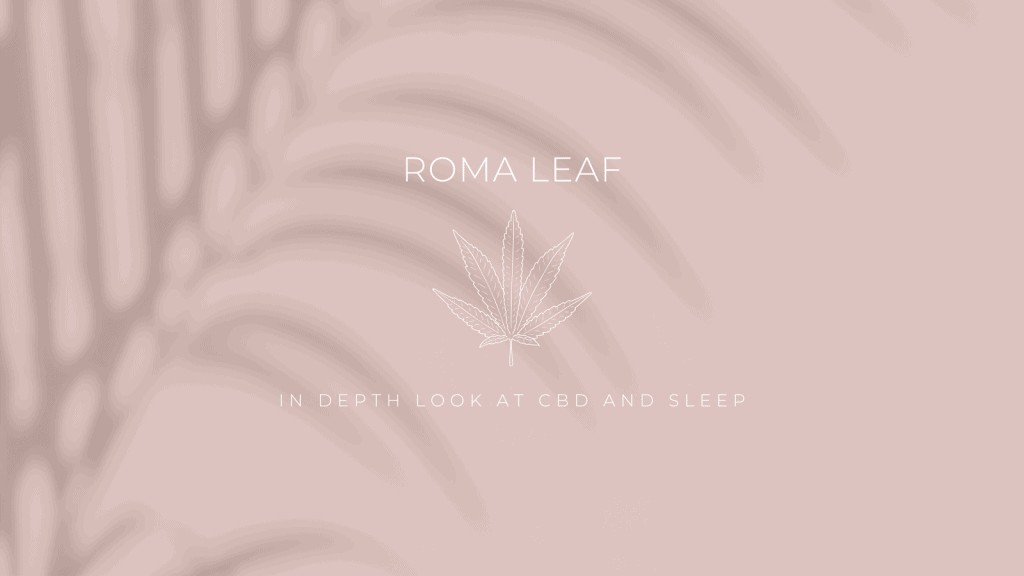
Sleep is necessary for everyone, just as much as food and oxygen are. Sleep is a naturally recurring state of rest for the mind and body. It not only reduces muscle activity but also nearly all voluntary muscles, as well as restricting interactions with your surroundings. Sleep is a recurrent state of reduced responsiveness that is accompanied by predictable changes in physiology. These changes include spontaneous internal generated brain activity and fluctuations in hormone levels. Sleep contrasts with wakefulness, and the sleep-wakefulness alterations occurs in higher vertebrates of more general activity.
Unfortunately, sleep is often a neglected component of a person’s everyday health and well-being. Not getting enough sleep can lower your sex drive, weaken your immune system as well as affect a numerous amount of functions of the body. Sleep is important because it allows the body to rest and repair. Throughout the day, our brains are hard at work finishing all sorts of tasks. A good night’s sleep helps flush out all the toxins that build up during the day.
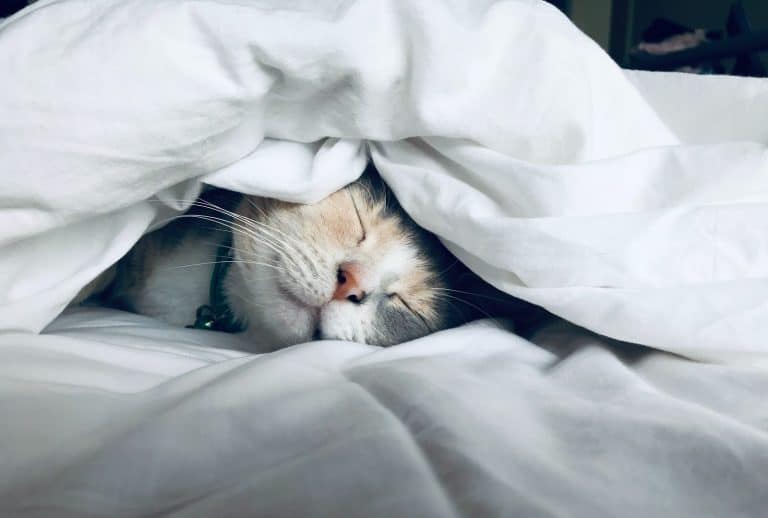
The Sleepy Issue
The National Sleep Foundation lists a few indicators to tell whether you are getting quality sleep:
- Sleeping in bed (at least 85 percent of the total time)
- Falling asleep in 30 minutes or less
- Waking up no more than once per night
We experience rapid eye movement (REM) sleep and non-REM sleep every night. Dreaming typically occurs during REM sleep, while non-REM sleep is commonly known as deep sleep. These two sleep cycles occur in a regular pattern of 3-5 times each night. It is recommended by the American Academy of Sleep Medicine (AASM) that adults over the age of 18 years get between 7-8 hours of sleep daily. A third of US adults report that they get less than the recommended amount of sleep. A lack of sleep can impact so much more than most would think:
- Brain function: sleep deprivation affects both working and long-term memory. It also hinders the ability to make decisions.
- Heart health: lack of sleep results in significant increase in Coronary Heart Disease
- Healthy weight: due to disruption in hormone production, sleep-deprived adults are more likely to gain weight.
- Skin appearance: a poor night’s sleep can cause increased signs of aging, and diminished skin barrier function resulting in older-looking skin
- Mental health: sleep disruption can drive the occurrence of paranoia, hallucinatory experiences, and other mental health problems, especially in young adults
Sleep deprivation occurs when someone gets less than the recommended amount of sleep. The amount of sleep varies from person to person, but sleep deprivation is very dangerous. There are a lot of factors that can cause sleep issues. According to the Mayo Clinic, these are some of the most common causes:
- Mental Health disorders – Post Traumatic Stress (PTSD), Anxiety and Depression.
- Medication that disturbs your sleep cycle.
- Caffeine and other energy boosting drinks that are ingested later in the day.
What are the stages of Sleep?
A lot happens while you sleep. Throughout the night your body goes through what is called REM sleep and Non-REM sleep. REM stands for rapid eye movement. During this cycle, your eyes quickly move in different directions. Non-REM sleep is what is considered “dream-less” sleep. There are four main stages of sleep.
Stage 1:
This is the lightest stage. It is often defined by slow eye movements that are presented in the drowsy sleep stage. This is the drowsy sleep stage and can easily be disrupted by loud noises or abrupt movements. Disruptions in this stage can cause awakenings or arousals. In stage one, muscles begin to relax as brain waves activity begins to slow down. During this time, people may experience abrupt muscle spasms as well as the sensation of falling while drifting in and out of stage one. This is the stage where people who suffer from insomnia get their rest.
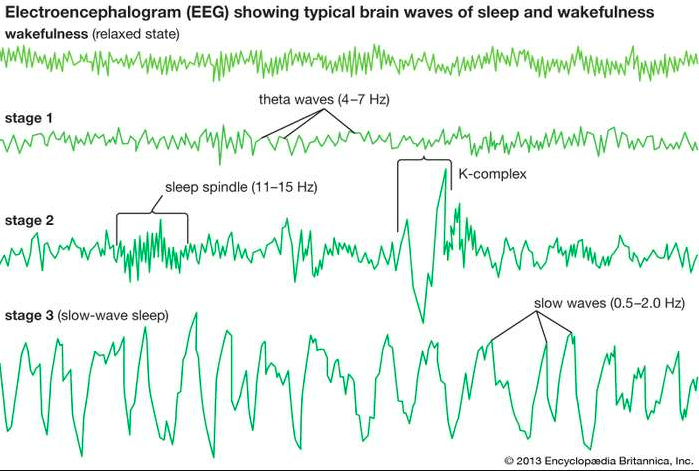
Stage 2:
This is the first physical stage of NREM sleep. Brain waves continue to slow down with occasional bursts of rapid activity that are called sleep spindles. During stage two sleep, spindles are combined with brain waves that are called K-complexes. K-complexes occur spontaneously during sleep. Both sleep spindles and K-complexes are thought to serve as a “protecting” the brain from awakening during the sleep cycle. Stage two is also the stage in which body temperature and heart rate begin to decrease.
Stage 3:
This is known as “deep sleep.” Stage three is the cycle that people need to be in the most, because it is the most restorative stage of sleep. This stage consists of delta waves, which are a type of high amplitude brain wave that emerges from the thalamus. Awakenings or arousals during this stage are considered rare it is often very difficult to wake someone. Parasomnias (sleepwalking, sleep talking, etc.) occur during this stage.
Stage 4 – REM Sleep:
REM sleep is commonly known as the dreaming stage. REM stands for rapid eye movement because during this stage, the eyes are moving rapidly beneath the closed lids. They are moving from side to side, and the brain waves are considered more active. Awakenings occur more frequently during this stage and can cause one feeling groggy or overly sleepy.
There are potential functions for NREM sleep, but they are not necessarily passive or restorative. Although brain activity decreased during NREM sleep, brain imaging studies have shown that in those parts of the brain that involve memory consolidation can be reactivated during NREM sleep, especially when followed by advanced learning. These activations could serve as a reinforcement for neuro pathways that will help increase day time function. Reductions in NREM sleep are possible signs of early-onset Alzheimer’s disease in association with the development of pathological features in the brain.
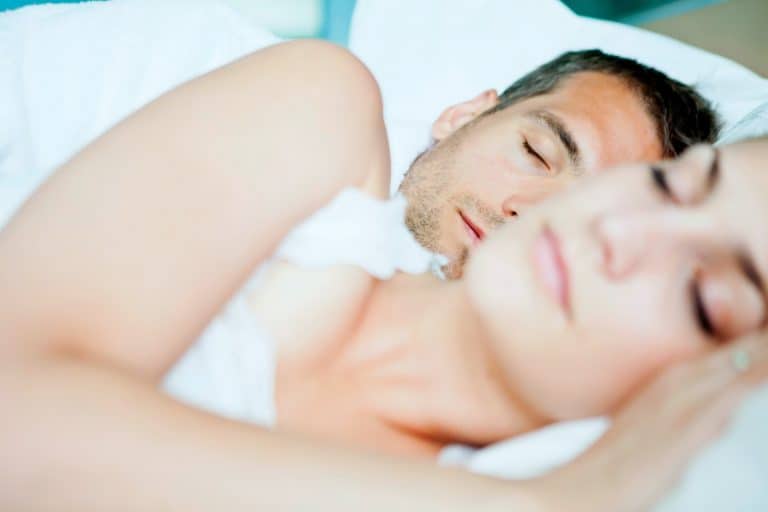
A human’s brain is made up of a complicated railroad of neurons and Glial cells that are constantly working to get you healthy. There are also several chemicals that are hard at work as well– the main ones being Melatonin. Melatonin is a hormone that is made by the pineal gland and is involved in regulating the sleep cycle. To aid insomnia and several other sleep disorders, many people take Melatonin supplements. However, although Melatonin is natural, it normally comes in a pill form, which is something most would like to avoid. This is where CBD can come into play.
What is CBD?
Most would turn to medication, but there are other options. Most people don’t realize that herbal medicine can be as effective as prescribed drugs. One natural option is cannabis.
Cannabis has a long history. Ancient cultures didn’t use the plant to get high, but as herbal medicine instead. The plant originally evolved in Central Asia, where hemp was used in Chinese medicine and made clothing, among other goods. In the 1830s an Irish doctor named Sir William Brooke O’Shaughnessy found out that some properties of cannabis extract could help stomach pain and vomiting caused by cholera.
Cannabidiol or CBD is a natural substance found in hemp plants. The plant is rich in chemicals called cannabinoids that bind to our cells’ cannabinoid receptors. They are commonly concentrated in the central nervous system and in almost every bodily organ we have. CBD is non-psychoactive, meaning it does not get you high. CBD does not activate CB1 or CB2 receptors making it not addictive. CBD oil is made by extracting CBD from the plant, then diluting it with an oil like coconut or hemp seed oil. CBD is generally known for its calming properties and help with sleeping issues. A study by the University of Sao Paolo has discovered that CBD could increase the amount of REM sleep. This is mainly because of CBD’s ability to reduce anxiety. A large study, performed by Dr. Scott Sannon, Dr. Nicole Lewis, Dr. Heather Lee, and Dr. Shannon Hughes, involved a clinical application for CBD for anxiety and sleep issues instead of the usual medical treatment. The treatment was well accepted, and as judged by the clinicians, most patients appreciated the opportunity to try a natural method rather than immediately turning to psychiatric medication.
Joseph Maroon, M.D., a clinical professor and neurosurgeon at the University of Pittsburgh Medical Center, says that CBD has properties that could help some people sleep better. Especially, it has been said to anxiety and pain, both of which can make it more difficult to fall asleep and/or stay asleep. Other research suggests that CBD may also affect sleep by interacting with receptors in the brain’s sleep/wake cycles. There are three types of insomnia. Transient, Acute and Chronic Insomnia. Transient Insomnia lasts from a few days to weeks. The most common causes are disruptions in the circadian rhythm, such as external noise and extreme heat or cold. Acute Insomnia is a small episode of difficulty sleeping. It is most likely caused by a stressful event, such as bad news. Chronic Insomnia is having trouble falling or staying asleep for more than three nights a week for at least three months. Maroon says he doesn’t see CBD as a treatment for chronic insomnia, but instead as an “alternative natural method to help calm anxious thoughts that often delay or interrupt natural sleep.”
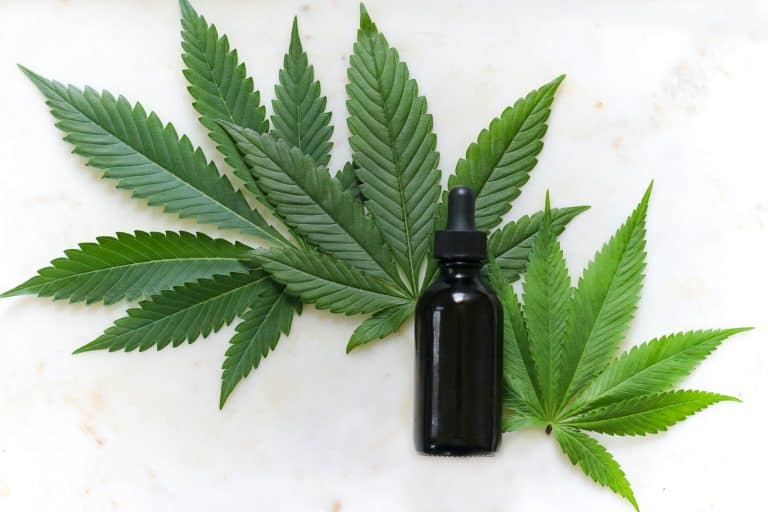
One way CBD may help with sleep is minimizing anxiety. In a study in the January 2019 issue of The Permanente Journal, during the three-month study, researchers looked at health records of 72 patients who were treated with CBD for either anxiety or poor sleep. As the study progressed, anxiety levels did decline, even in those whose main complaint was poor sleep. The article CBD Oil: Everyday Secrets: A Lifestyle Guide To Hemp-Derived Health and Wellness, written by Gretchen Lidicker, states “CBD appears to help with sleep because of its anti-anxiety properties and ability to promote relaxation,” while Melatonin directly signals the body to go to sleep, raising the natural levels of the hormone.
Safe Use
Everyone is different. CBD could have a variety of different effects that depend on dosage, among other factors. CBD can be used as a short term solution, as the effects could go away over time. Products like tinctures offer immediate effects, while edibles and oils release CBD over time. It is important to consult with your doctor to find the right dose for you.
Roma Leaf
Roma Lea was founded in 2019 and is a family-owned and operated company based in Los Angeles, CA. The Co-Founder suffered from severe migraine headaches for years, and her father had terminal pancreatic cancer that caused acute pain and discomfort. Both she and her father were hesitant to use prescription medications due to the overwhelming amount of side effects and the possibility of addiction. After searching for alternative pain relief, they discovered CBD oil. Immediately, both she and her father discovered that CBD oil was an effective method of pain relief. Roma Leaf’s main mission is to better the lives of the customers by providing the highest quality products with a company our consumers know they can trust.
Sources
https://www.sleephealthjournal.org/article/S2352-7218(16)30130-9/abstract
https://www.ncbi.nlm.nih.gov/pmc/articles/PMC2656292/
https://www.ahajournals.org/doi/10.1161/JAHA.118.008552https://www.sleepfoundation.org/excessive-sleepiness/health-impact/good-nights-sleep-can-help-you-maintain-healthy-weight
https://www.ncbi.nlm.nih.gov/pubmed/25266053
https://wellcome.ac.uk/press-release/treating-insomnia-may-reduce-mental-health-problemshttps://journals.sagepub.com/doi/abs/10.1177/0269881112474524
https://www.ncbi.nlm.nih.gov/pubmed/20829306
